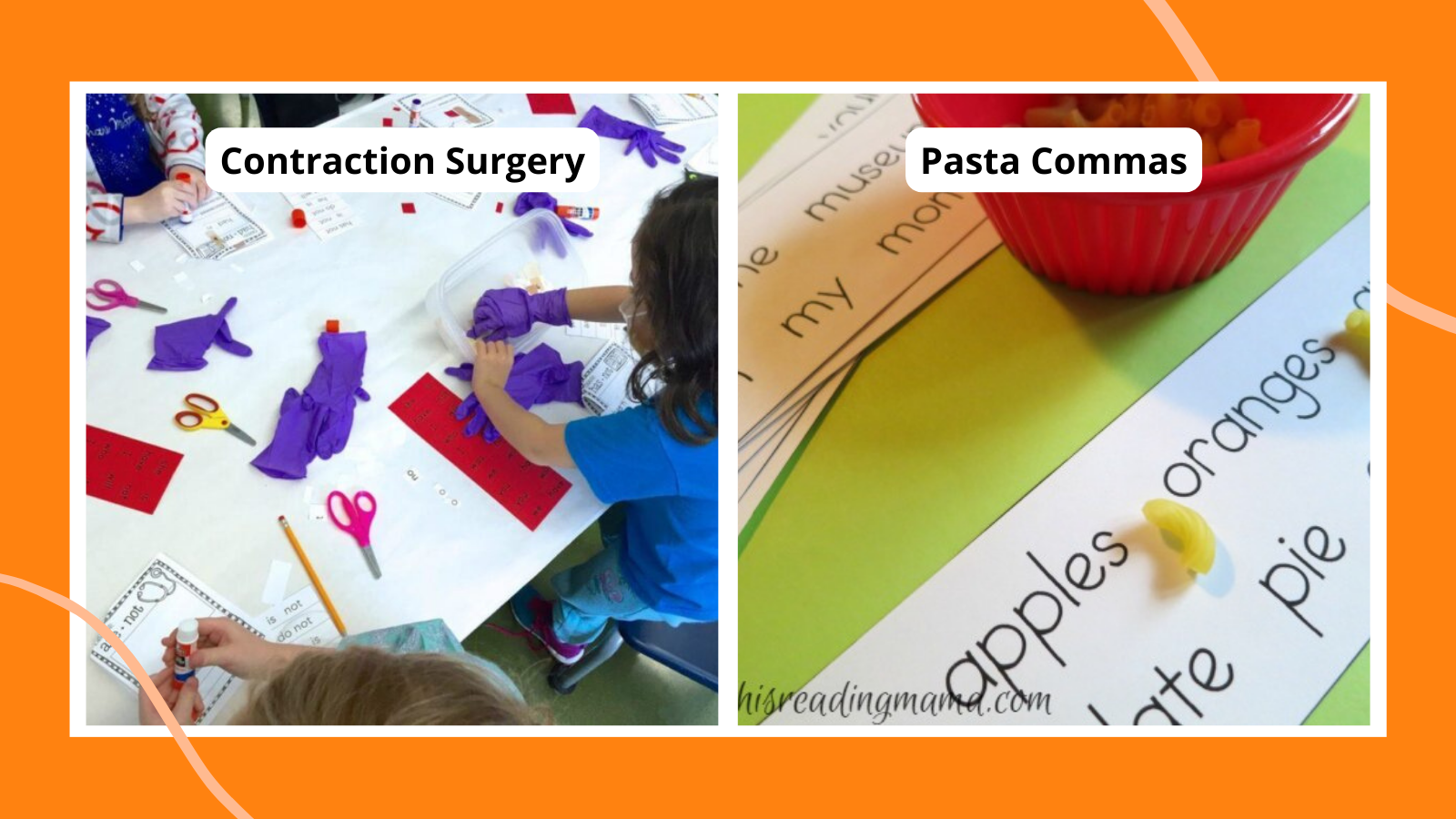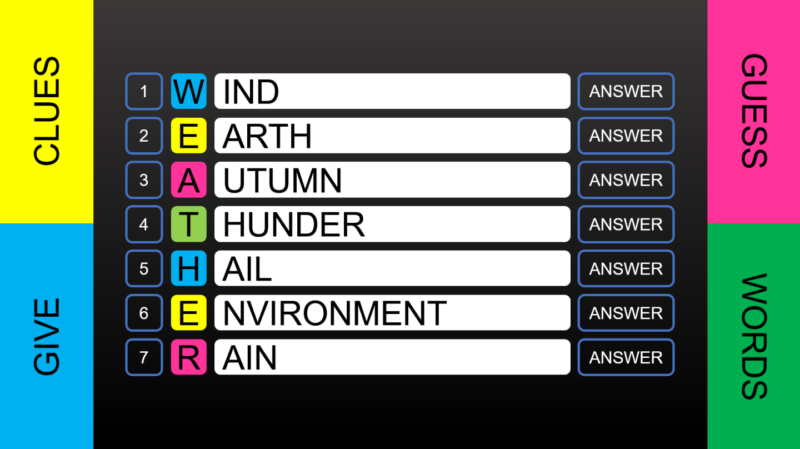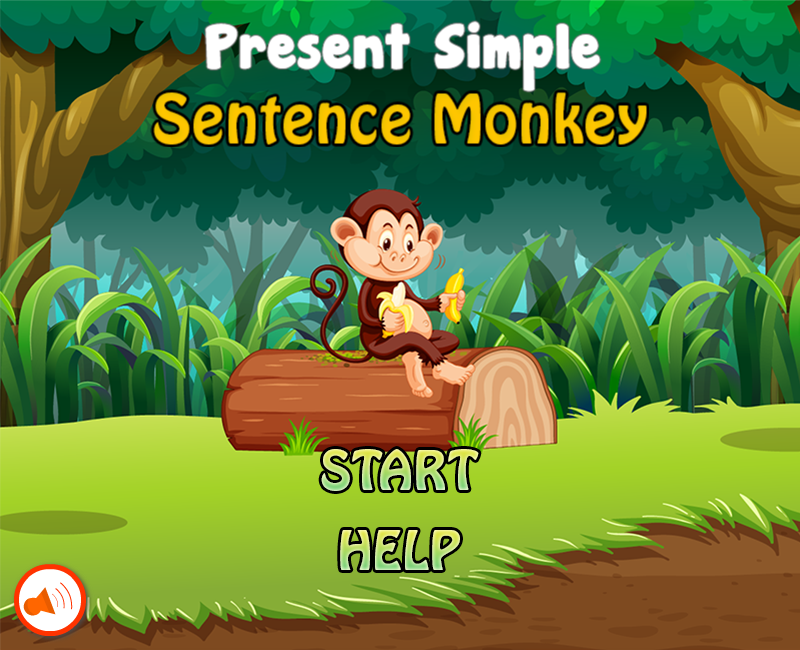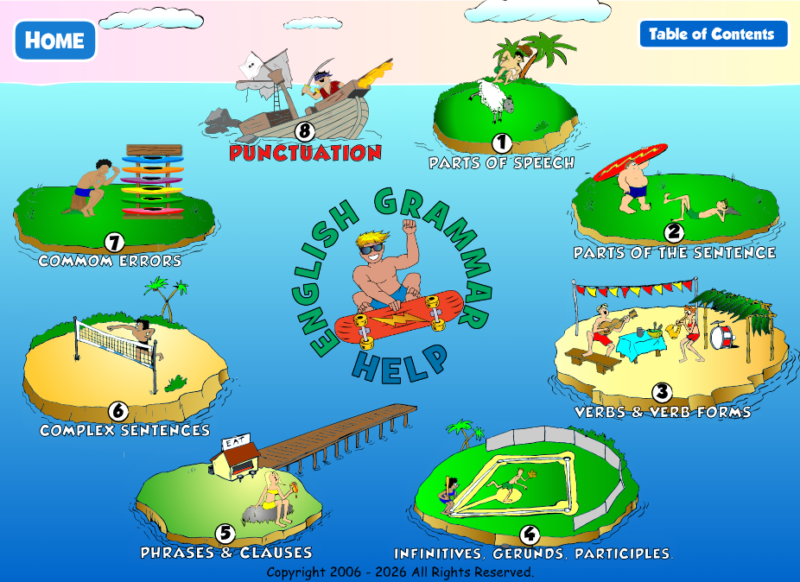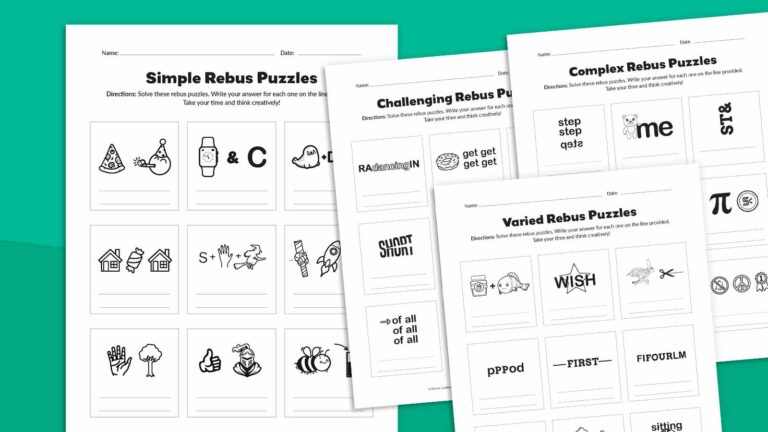Teaching grammar can be loads of fun! There are so many active, hands-on ways to engage your learners while at the same time reinforcing important concepts. Here’s a list of our favorite grammar games to play with your elementary students.
Jump to:
Hands-On Grammar Games
1. Pick a Sentence/End a Sentence
In this activity, students will receive a plastic bag with color-coded cards. They will then choose a subject, object, verb, and punctuation mark to make a sentence. After they have recorded their sentence, the next player gets a turn. The objective is to make as many sentences as possible.
2. Punctuation Aloud
As you read a book aloud, say aloud the punctuation mark that ends each sentence for the first few pages. For example: “The dog chased the cat period.” Next, ask students to listen carefully and read a few more pages. Pause at the end of sentences to see if kids can call out how the sentence should end—with a period, question mark, or exclamation point.
3. Punctuation Scavenger Hunt
As you read a book aloud, keep track of how many periods, question marks, or exclamation points there are. Compare this with other books, and talk about what that tells you about the content or the writer’s style. Kids can also work in pairs to count up punctuation on their own in a book, then share their results with the class.
4. LEGO Sentences
Use masking tape and a black marker to write different words to affix to LEGO bricks. Color-code your words—e.g., yellow for nouns, blue for verbs, green for articles, red for adjectives. Once you have an ample supply of words, it’s time for students to build sentences!
5. “Cap”-ital Letters
For this activity, you will need a storybook and some paper caps. (Perhaps teach your students how to make newspaper hats ahead of time). Then read the story aloud slowly. Every time kids hear a word that needs a capital letter, they should pop their caps on their heads. For example, if the sentence reads “Mary and Susan went to Arizona,” students should place their hat on their heads three times.
6. Punctuation Stickers
Pass out a sheet of colored dot stickers to each student. On the yellow stickers, have them mark a period. On the green, a question mark, and on the pink, an exclamation mark. Next, dictate a sentence for the students to write on their paper. After they’ve written it, ask them to place the correct sticker at the end. For older students, you can include more advanced punctuation like commas, apostrophes, and quotation marks.
7. Parts of Speech Hopscotch
Outside on the playground or sidewalk, draw a typical hopscotch frame. Instead of numbering the squares, label them noun, pronoun, verb, adjective, adverb, conjunction, preposition, prepositional phrase, and interjection. To play, students will throw their marker onto a square and hop to that square. Then, they will say an example of that part of speech. For example, if the marker lands on verb, they may say run or dance.
8. Contraction Surgery
This super-fun activity involves delicate surgery skills. Tell your students you need their help repairing contractions that have fallen apart. Their job is to cut out parts that don’t belong, then use a bandage (with an apostrophe drawn on it) to put the contraction back together. For example, for the words I am, students will cut out the a and place a Band-Aid with the apostrophe between I and m, making I’m.
9. Round Robin Sentence Building
Prepare three piles of cards labeled “clause,” “prepositional phrase,” and “period.” Each student will draw a card and contribute to a sentence. For example, if the first four students draw “prepositional phrase,” “prepositional phrase,” “clause,” and “period,” they might come up with the sentence “In a tree near the baseball field, a bird chirped.” Then the next group of students will draw cards. In the end, all of the sentences can be combined into a fun class story.
10. Homograph Pictionary
This is a fun drawing activity that drives home understanding of homophones. Call out a word, such as “trunk,” then ask students to draw two different pictures that fit that word. Other words to try: spring, date, band.
11. Pasta Commas
First, read Eats, Shoots & Leaves: Why, Commas Really Do Make a Difference! by Lynne Truss. Prepare paper strips with sentences ahead of time. Include lists, adjectives, dates, places, and quotes. Then, break out the elbow pasta and practice placing commas where they belong.
12. Adverb Ball Toss
To play this game, one student will toss the conjunctive adverb ball to another student in the group. The person who catches the ball will create a compound sentence using the conjunctive adverb closest to their thumb. The person who tossed the ball will write down the sentence using the appropriate punctuation. The game continues until one group has created and written 20 sentences on their worksheet. The first group to have 20 correctly written sentences wins.
13. Roll a Sentence
If you’re looking for grammar games to give students practice with punctuation, try Roll a Sentence. Students roll the dice to get words that they must then use to complete a sentence with correct grammar and punctuation. The words are divided into five categories: person/thing, adjective, preposition, verb, place. Each category has 11 possible words, numbered from 2 to 12. Students roll once for each column and write down the word they scored. After they have rolled five times, they must put all the words together to form a logical sentence.
14. Grammar Taboo
Looking for grammar games to help kids learn to differentiate between the different parts of speech? Try this activity where, without looking, one student will place a word card on their forehead so that their partner can see the word on the card. That student’s job is to describe the word on the card without saying the actual word.
15. Contraction Bingo
This version of bingo puts a fun twist on learning contractions. Each child receives a bingo board with contractions on it. The caller calls out the expanded version of the word and the students have to figure out if the contraction is on their board.
16. Grandmother’s Cat
This fun ABC game helps kids practice identifying adjectives. The first player completes the sentence “My grandmother’s cat is _____,” using a word that begins with A. The next player repeats the sentence with a word that begins with B, and so on. A variation on this game would be to use the sentence “My grandmother’s cat likes to _____” with students filling in the blank with verbs.
17. Simple Sentence Smack Down
If you’re looking for interactive grammar games, try this one. You will need two plastic flyswatters. On a piece of chart paper or a large whiteboard, write 15 examples of complete sentences and 15 examples of sentence fragments. Divide your class into two lines, and for each twosome, call out “simple sentence” or “fragment sentence.” The first player to smack a correct example earns a point for their team. Play continues until everyone has a chance to play.
18. Synonym Scramble
This is a fun small-group card game. Prepare a list of synonym word pairs that are appropriate for your grade level. Next, prepare a deck of index cards. Write one word in blue on one side and the word’s synonym in red on the other. Pass out one card to each student, blue side up. Then, read a word from the red column while the students figure out who has that card. Repeat until all of the cards are claimed.
19. Noun Hunt
This fun game gives young learners a hands-on way to learn about nouns. Once your students understand the concept of nouns = person-place-thing, set a timer. Then challenge your students to go on a classroom scavenger hunt for nouns that start with each letter of the alphabet. Provide them with a lined worksheet with each letter of the alphabet in the left column and room to write their words on the right.
20. Grammar Simon Says
Incorporating actions and movement into grammar games helps kids conceptualize. Before you play this version of Simon Says, establish certain motions for different parts of speech. For example, if you hear a noun, touch your shoes. If you hear a verb, run in place, etc. Let the kids practice a few times, then start calling out actual nouns, verbs, adjectives, etc. If the student makes the right motion, they stay in the game. If not, they take a seat.
21. Peculiar Paragraph
Divide students into groups of 10, then have each student write a sentence on absolutely any subject. The object of the game is for the group to then arrange all of the sentences together into a “peculiar” paragraph. They’ll need to add conjunctions to help the sentences flow cohesively, but they may not add any other pieces of information. When each group is finished, let them read their paragraph aloud.
Online Grammar Games
If you like these grammar games, check out Meaningful Vocabulary Activities for Every Grade.
Plus, find out how other teachers tackle grammar practice in the We Are Teachers HELPLINE group on Facebook!

